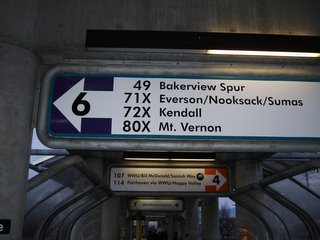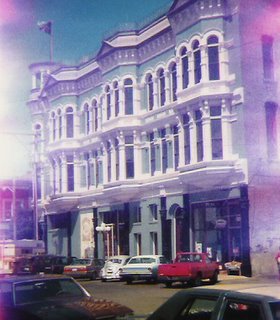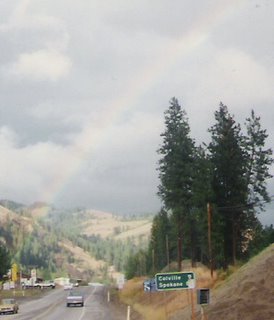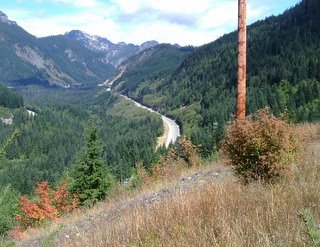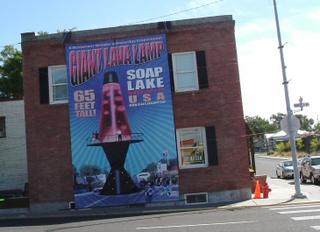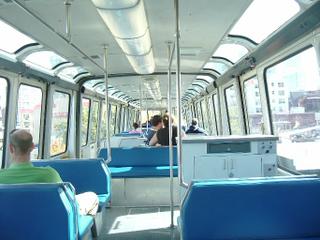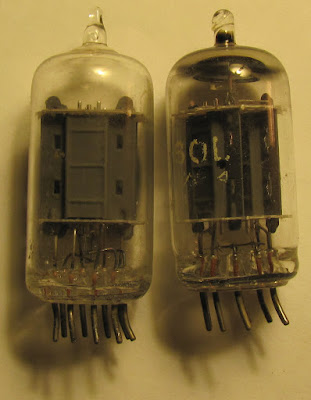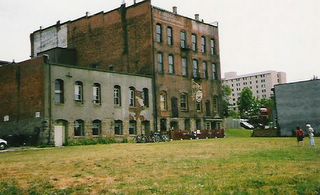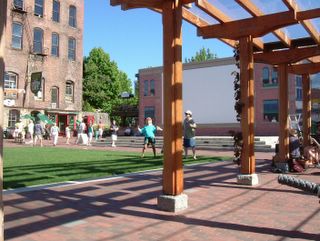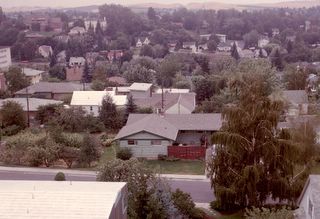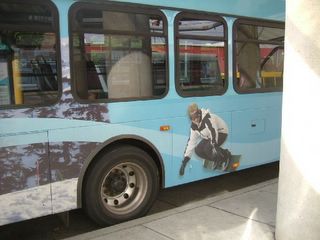
"They that can give up essential liberty to obtain a little temporary safety deserve neither liberty nor safety." Ben Franklin.
That quote is quite popular these days. Floating all around the Internet as well as on various radio talk shows, letters to the editor and the like.
I recently heard one talk show host ask, "why aren't people more outraged?" "Why aren't folks marching in the streets?"
Well, this might not be your typical answer, but it's true.
People are just too busy, working full time, or overtime.
Folks are too busy just commuting to their jobs. Getting up early in the morning, fighting traffic, arriving at home real late. Were is the time, or the energy, for anything else?
It seems like many are willing to give up liberty in exchange for security and creature comfort. Nice homes, higher paying jobs, good retirement plans. Is the price our liberty? Is there any time left for living?
Of course some people love their work so much that doing the job can be pure liberation, but others spend much of their lives doing work just to pay the bills not to mention all that time spent sitting in traffic.
I recently went to a web page of Franklin Quotes. The first quote to come up was that famous one about essential liberty and temporary safety. The next quote to come up is this:
"Eat to live, not live to eat."
Have people sold out their lives to so called financial security? Are they working themselves to death?
There is a growing movement to "Take Back Your Time," or at least take back some of it. How about a shorter workweek? How about longer vacations? More time for family, friends and community and activism. More time for a better world.
Here is a link to this friend's new blog.
People For A Shorter Workweek.





